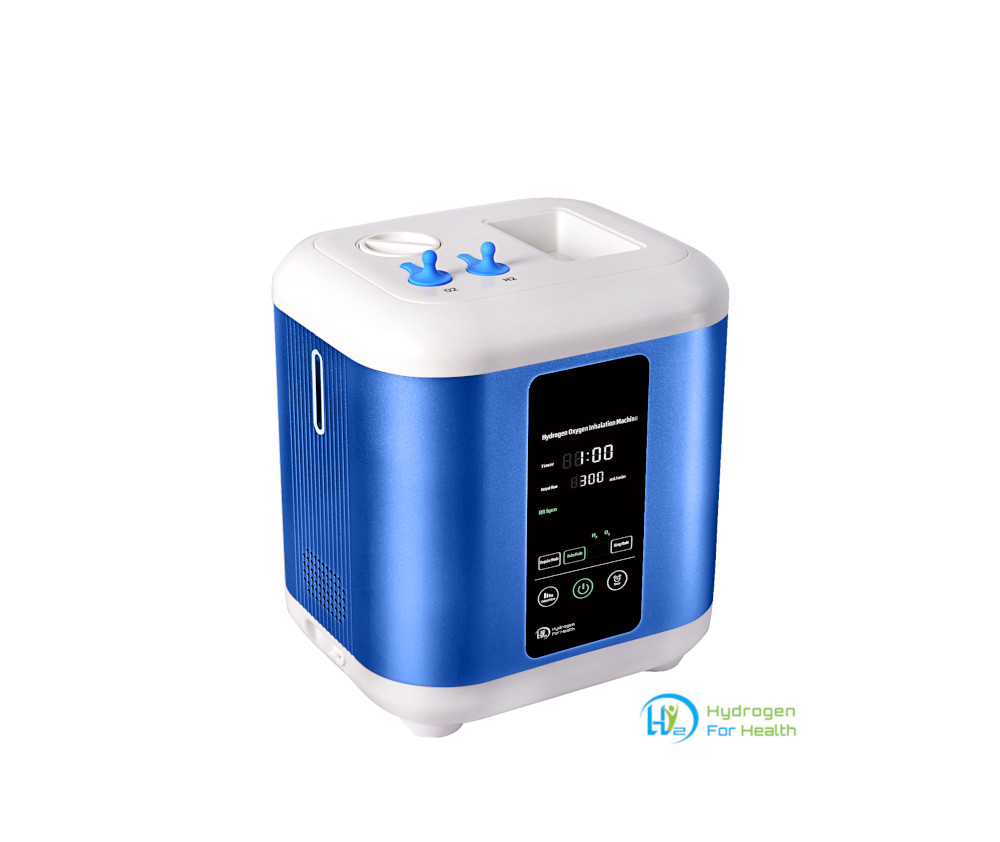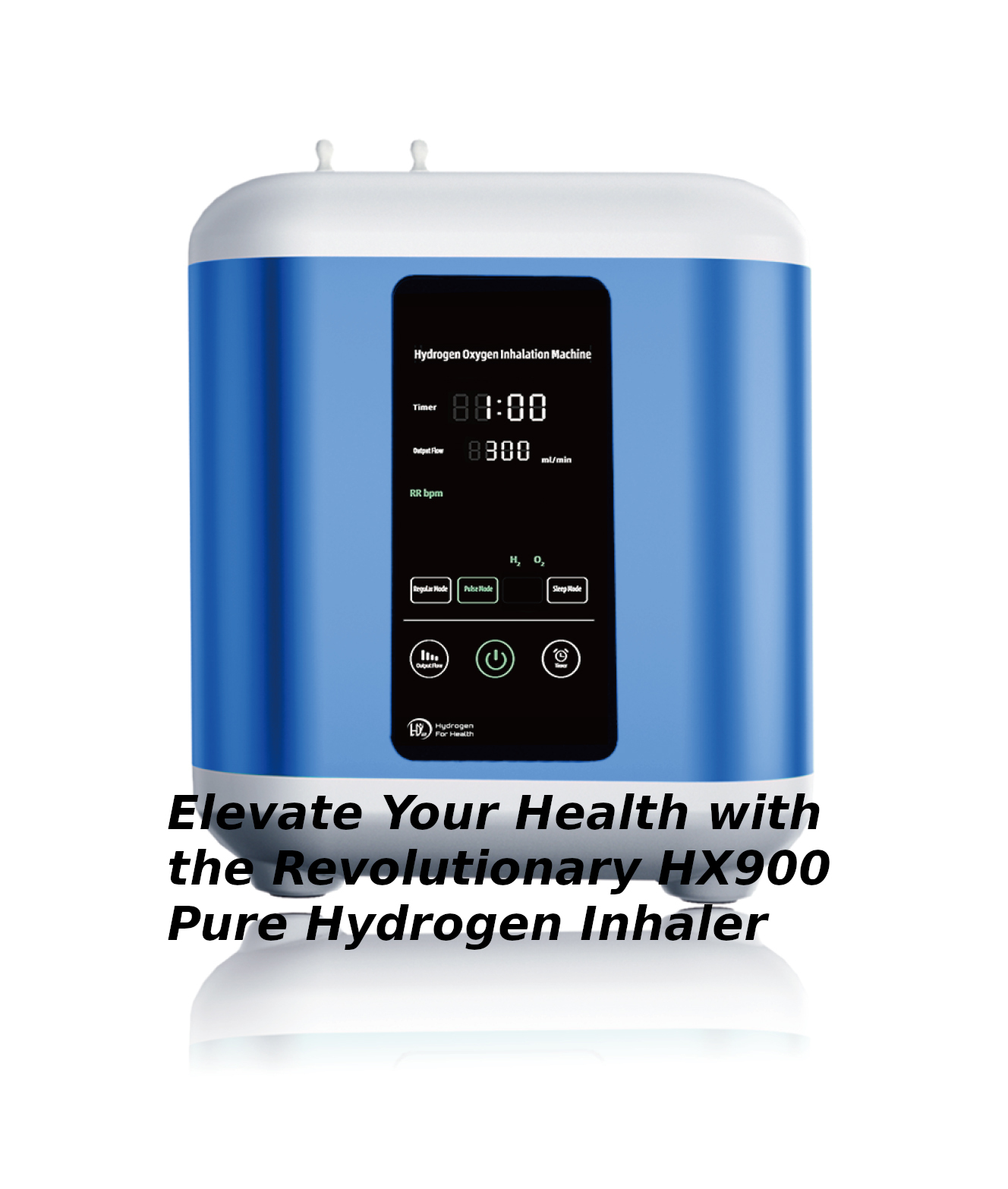Myalgic encephalomyelitis/chronic fatigue syndrome (ME/CFS) is a condition characterized by extreme, unexplained fatigue lasting more than six months, often accompanied by symptoms like mild fever, headaches, weakness, difficulty thinking, and depression. These symptoms can vary in intensity, significantly affecting daily life, work, and social interactions, with some people even becoming bedridden. There are an estimated 836,000 to 2.5 million people with ME/CFS in the U.S. Hydrogen gas therapy has been shown to help.
While the exact cause remains unclear, recent studies have found abnormalities in the brain, immune system, and energy production in ME/CFS patients. It’s believed that inflammation and stress in the body’s systems, including the mitochondria (the cells’ energy producers), contribute to the condition.
Molecular hydrogen (H2) is a gas that can reduce harmful molecules in the body and protect cells, including those in the brain and mitochondria, from damage. Research suggests that inhaling hydrogen gas may help reduce fatigue, and there’s hope it could improve symptoms in ME/CFS patients by protecting mitochondria and supporting energy metabolism. One case study highlighted a 58-year-old man with ME/CFS who showed improvement after inhaling hydrogen gas for several hours daily over several months, after other treatments had failed to help.
In this Study, hydrogen gas inhalation therapy was used to treat four patients suffering from myalgic encephalomyelitis/chronic fatigue syndrome (ME/CFS), a condition that causes severe fatigue, headaches, muscle pain, and cognitive difficulties. In the first case, a 58-year-old male experienced a notable improvement in symptoms like fatigue, headaches, and muscle pain after just four weeks of inhaling hydrogen gas for several hours a day. His symptoms continued to improve over the course of 20 weeks, even after temporary worsening following COVID-19 vaccinations. By the end of the treatment, he could perform daily activities and had significantly reduced “brain fog.”
In three other cases, patients who were bedridden or severely limited by their symptoms also saw positive results. A 43-year-old woman reported better sleep, reduced headaches, and general improvement after 9 weeks of treatment. An 18-year-old woman showed increased motivation, improved bowel movements, and less fatigue after 8 weeks. Another 18-year-old man with fibromyalgia also noted a decrease in pain and “brain fog” after using hydrogen gas inhalation for 9 weeks, along with a reduced need for pain medication.
Although current treatments for ME/CFS often have limited effectiveness, this case study suggests that hydrogen gas inhalation could be a promising new therapy for alleviating symptoms of ME/CFS, providing relief from fatigue, pain, and cognitive impairments.
COVID-19, caused by the SARS-CoV-2 virus, can lead to lingering symptoms known as “long COVID” or “post COVID” in some patients, even after the acute phase has passed. These long-lasting symptoms, such as fatigue and cognitive issues, are similar to those experienced by people with ME/CFS (myalgic encephalomyelitis/chronic fatigue syndrome), although it’s not yet clear if COVID-19 directly triggers ME/CFS.
A study by Botek et al. found that hydrogen gas inhalation improved physical and respiratory functions in “post COVID” patients after 14 days. While this study was small, it suggests that hydrogen gas may help with both long COVID and ME/CFS due to potential similarities in their underlying mechanisms.
However, the results of these case studies, including those on hydrogen gas for ME/CFS, are based on small patient groups and self-reports. Larger clinical trials are necessary to fully understand the effectiveness of hydrogen gas as a treatment for ME/CFS and long COVID, as well as the mechanisms behind its potential benefits.
At weeks 8 and 11, the patient received COVID-19 vaccinations, which temporarily worsened ME/CFS symptoms. However, after 14 weeks of continuous H2 gas inhalation, symptoms returned to pre-vaccination levels, including significant improvement in “brain fog.” This suggests a positive impact of H2 gas inhalation on symptom management despite the temporary exacerbation due to vaccination.




